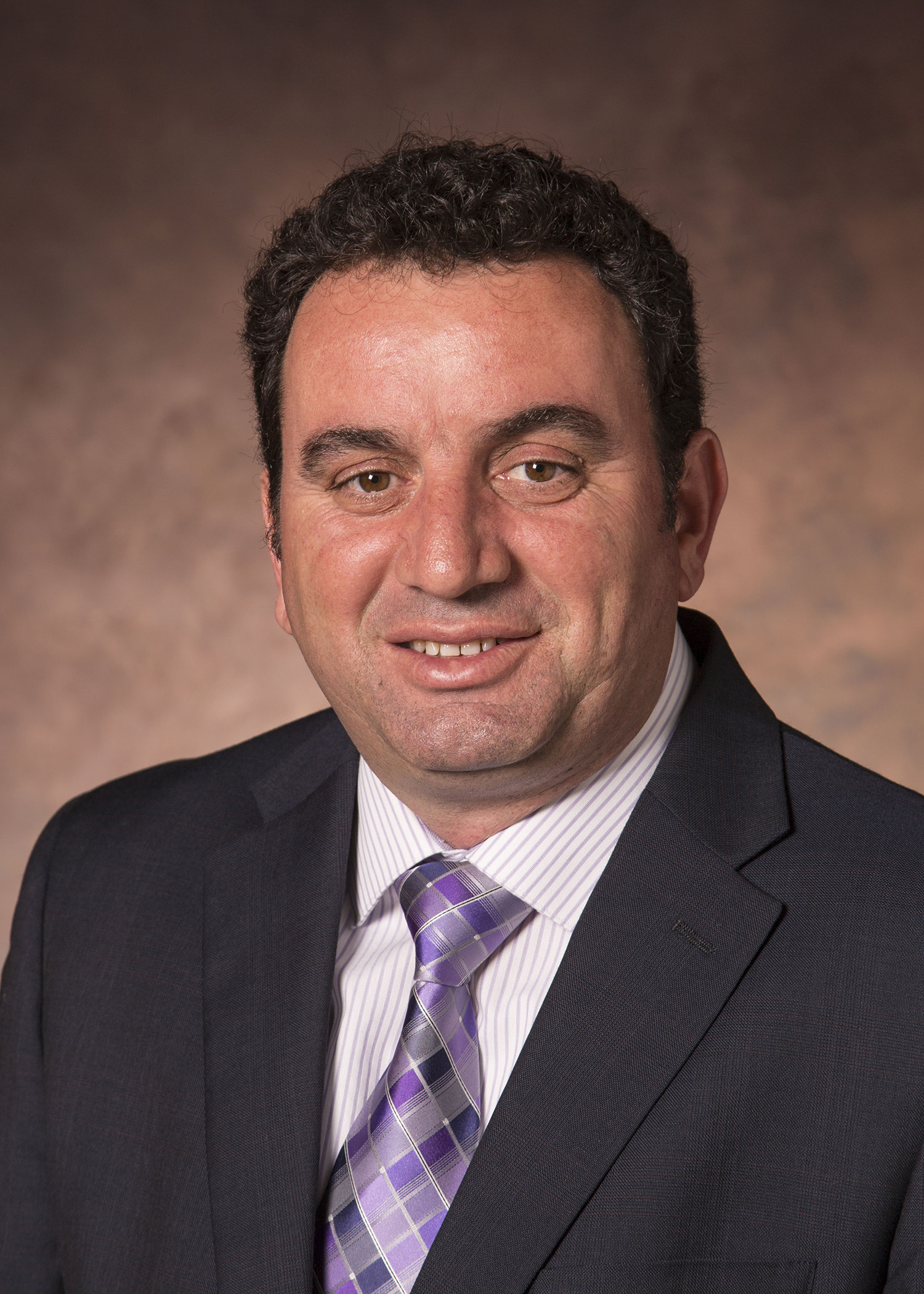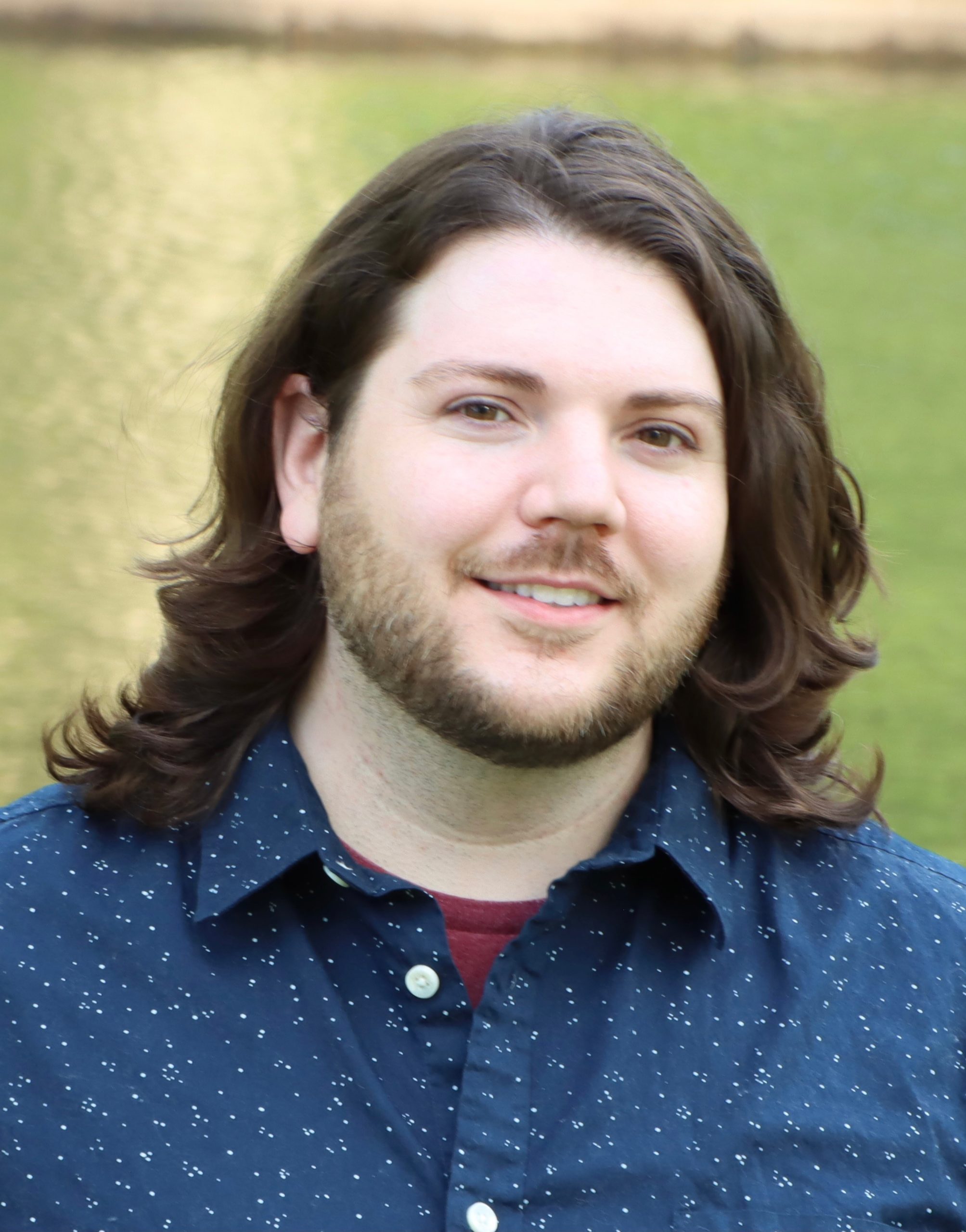Peterson, Ryan, PhD
F. Ryan Peterson, Ph.D., earned his doctoral degree from the University of Georgia. Dr. Peterson accepted an assistant professor position in the Child and Family Development Program at the University of Central Missouri in 2006. Currently he is an associate professor in Child and Family Development. His current research interests are sibling relationships, risky behavior and recovery support systems. In addition, he provides professional training for community-based recovery centers and evaluation services to grants supporting recovery.
Presentation(s):
Family Recovery: Partnering with Families to Combat Opioid Use Disorders



